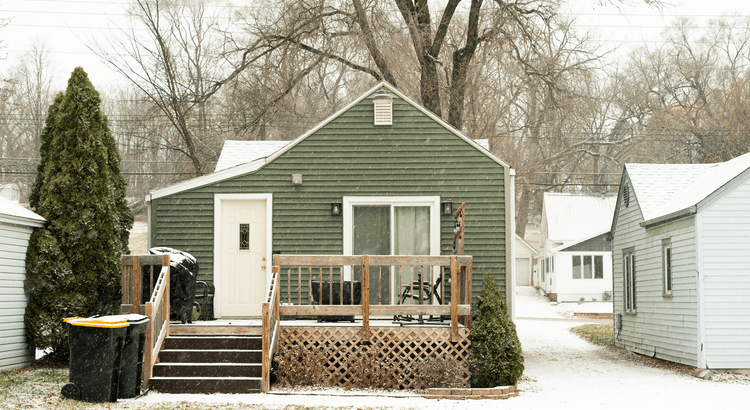Senior Housing Facing Affordability Crisis?
Millions of older adults will struggle to find housing that is affordable and physically suits their needs, according to a new report by the Bipartisan Policy Center’s Senior Health and Housing Task Force, which outlines recommendations for states and legislators to help alleviate the lack of suitable senior housing.
How to Help Seniors
"Our fundamental proposition is this: greater integration of America's health care and housing systems will be essential to improve health outcomes for older adults and enable millions of Americans to age in place in their own homes and communities," writes Henry Cisneros and Mel Martinez, former Department of Housing and Urban Development secretaries and co-chairs of the task force. "The alarming scarcity of housing that is safe, affordable, and physically suitable for older adults, particularly those with the most limited financial resources, is not adequately appreciated."
In 2013, about 11.2 million "extremely low-income" renter households existed, which includes 2.6 million senior households with no children. Yet the former HUD secretaries note that only 4.3 million affordable and rental homes were available. The shortfall: 6.9 million homes.
What's more, the number of households aged 65 to 74 and 75 and older with "severe" rent burdens — which means they pay more than 50 percent of their income on housing — is expected to rise by 42 percent and 39 percent, respectively, by 2025, according to the Harvard Joint Center for Housing.
"The acute shortage of affordable homes forces low-income households of all ages to spend excessive amounts of income just to pay the rent," Cisneros and Martinez note. "However, it is particularly tragic when an older adult, often living alone, must forego essentials like nutritious food and medications to pay for housing."
The Bipartisan Policy Center's Senior Health and Housing Task Force is calling on state and local governments to allow for more permissive land-use policies to urge alternative housing structures for seniors, such as accessory dwelling units, micro-units, and congregate homes. It's also calling for federal and state governments to provide greater support for home modifications so people may age in place, such as through property tax credits, grants, or forgivable loans.
Source: “Former HUD Secretaries: America’s Elderly Desperately Need More Affordable Housing,” HousingWire (May 22, 2016)


No comments:
Post a Comment